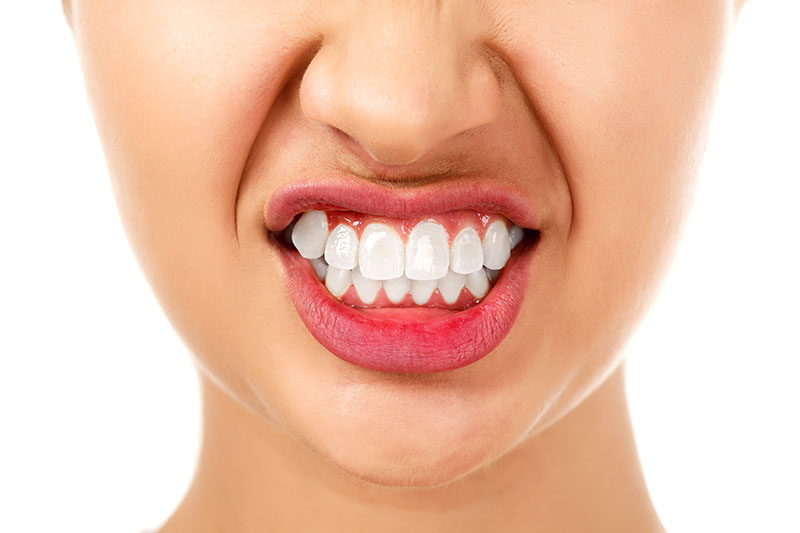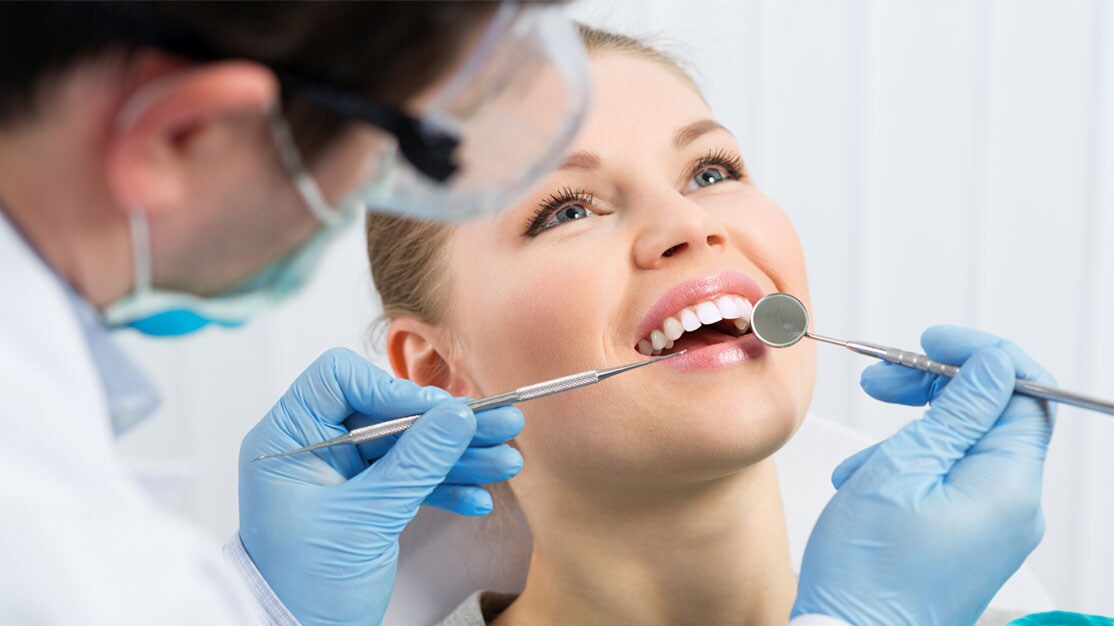Maintaining Oral Health in Later Years: A Vital Consideration
As we age, our bodies undergo various changes, and oral health is no exception. The elderly face unique challenges when it comes to maintaining good oral hygiene, but with the right knowledge and support, these challenges can be overcome. Let’s explore the specific issues faced by seniors and the solutions available to promote oral health and overall well-being in later years.
The Impact of Aging on Oral Health
As we grow older, our oral health needs evolve. Aging can lead to a range of oral health issues, including:
Gum Disease and Receding Gums in Later Years
Gum disease becomes more prevalent with age, often due to factors such as inadequate oral hygiene, medications, and underlying health conditions. Receding gums can expose the tooth roots, increasing the risk of decay and sensitivity.
Tooth Loss and Oral Function
Tooth loss is common among the elderly, whether due to decay, gum disease, or other factors. Missing teeth can affect chewing ability, speech, and facial structure, impacting overall quality of life.
Dry Mouth and Its Consequences in Later Years
Many seniors experience dry mouth, a condition where the mouth lacks sufficient saliva. This can result from medications, certain medical treatments, or systemic diseases. Dry mouth not only causes discomfort but also increases the risk of cavities and oral infections.
Oral Cancer Awareness
The risk of oral cancer increases with age, highlighting the importance of regular oral cancer screenings for seniors. Early detection is key to successful treatment, making routine dental check-ups essential.
Addressing Challenges Through Education and Prevention in Later Years
While aging presents challenges for oral health, proactive measures can mitigate these issues and promote overall well-being.
Education and Awareness Campaigns
Educating seniors about the importance of oral hygiene and regular dental care is crucial. Outreach programmes can provide information on proper brushing and flossing techniques, the importance of regular dental check-ups, and the link between oral health and overall health.
Access to Dental Care
Ensuring access to affordable dental care is vital for seniors. This includes regular dental check-ups, cleanings, and treatments for oral health conditions. Community dental clinics, mobile dental services, and government-funded programmes can help bridge the gap in dental care for the elderly.
Nutritional Support
A balanced diet is essential for maintaining oral health. Seniors should consume a variety of nutrient-rich foods, including fruits, vegetables, lean proteins, and dairy products. Nutritional counselling can help seniors make informed dietary choices that support oral health and overall well-being.
Oral Hygiene Products for Seniors
Specialised oral hygiene products designed for seniors, such as soft-bristled toothbrushes, fluoride toothpaste, and mouth rinses, can help address specific oral health needs. Denture care products are also available for those with removable dentures, ensuring proper cleaning and maintenance.
Community Engagement and Support in Later Years
Community-based initiatives can provide social support and resources for seniors to maintain their oral health. These may include senior centres, support groups, and outreach programmes that offer dental screenings, oral health education, and referrals to dental providers.
Telehealth and Remote Monitoring
Telehealth platforms offer convenient access to dental care for seniors, particularly those with mobility limitations or living in remote areas. Through video consultations and remote monitoring, dentists can assess oral health status, provide guidance on home care, and monitor treatment progress, enhancing accessibility and convenience for elderly patients.
Mobile Dental Services in Later Years
Mobile dental units bring oral health services directly to seniors in community settings such as nursing homes, assisted living facilities, and senior centres. These mobile clinics offer comprehensive dental care, including cleanings, exams, and restorative treatments, reducing barriers to access and ensuring that even the most vulnerable seniors receive the care they need.
Technology-Assisted Oral Care
Technological innovations such as electric toothbrushes, water flossers, and interdental brushes can aid seniors in maintaining optimal oral hygiene. These devices are designed to be easy to use and can effectively remove plaque and debris, promoting gum health and preventing dental problems.
Implant-Supported Dentures in Later Years
Implant-supported dentures offer a stable and secure alternative to traditional dentures for seniors with missing teeth. By anchoring dentures to dental implants, stability and retention are improved, allowing for better chewing efficiency and comfort. Implant-supported dentures also help preserve bone density in the jaw, preventing further deterioration and maintaining facial aesthetics.
Collaborative Care Models
Collaborative care models involving dentists, physicians, and other healthcare providers are essential for addressing the multifaceted oral health needs of seniors. By coordinating care and sharing information across disciplines, these models can improve overall health outcomes and enhance the quality of life for elderly patients.
Empowering Seniors for Better Oral Health
As the population ages, prioritising oral health in the elderly is paramount. By addressing the unique challenges faced by seniors and implementing targeted solutions, we can empower older adults to maintain optimal oral health and enjoy a better quality of life. Through education, access to care, nutritional support, and community engagement, we can ensure that seniors receive the attention and support they need to preserve their smiles for years to come.




